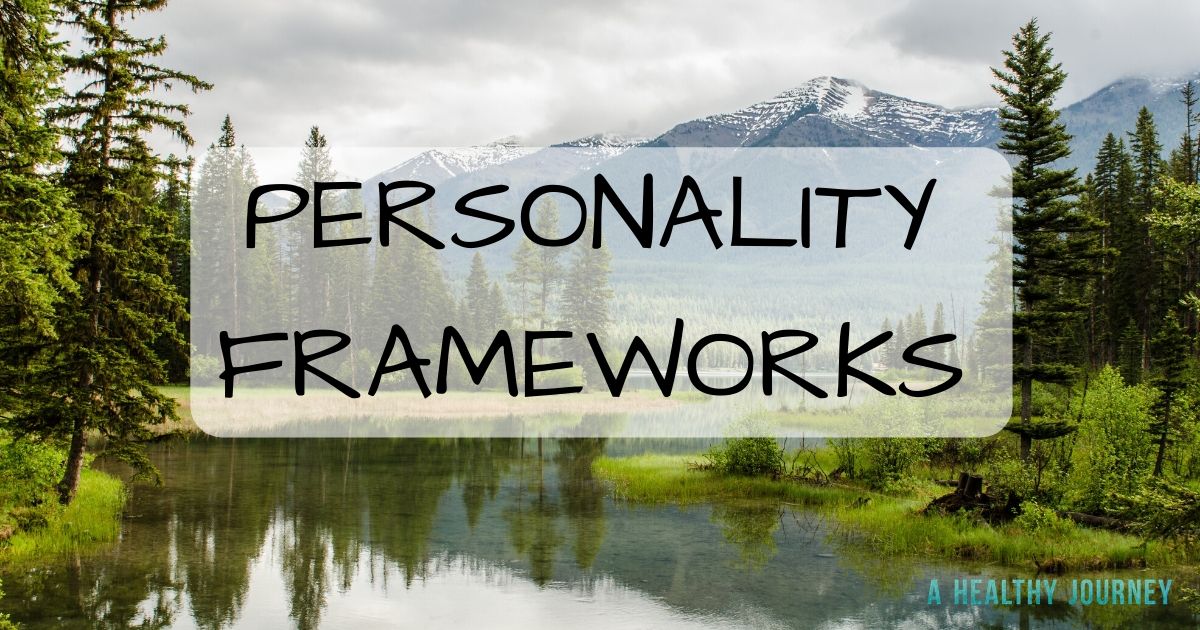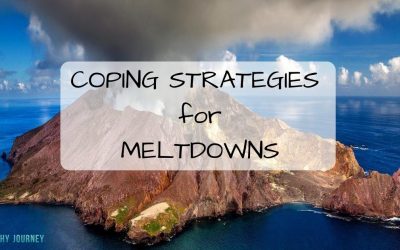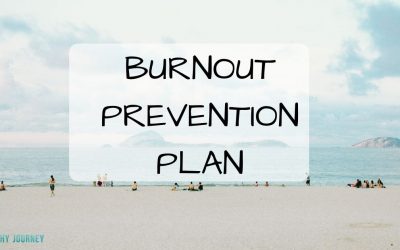I love to geek out on all things personality. I can’t resist books on personal growth and on-line quizzes that promise to tell me who I am and what I’m good at. I’ve been a fan since I was a teenager trying to figure who I wanted to be when I grew up.
I’ve always been a meaning seeker and deeply curious about what brings us joy and why we seem to struggle so much. The light and the shadow.
There are so many personality frameworks and assessments available today. You could spend months exploring them all so I’m going to save you some time and share my top 4. I’ll give you a brief description of each and you can decide which one you want to explore depending on your needs.
There are two things to keep in mind before diving into personality frameworks and assessments. First, you need to be self-aware (capable of honestly observing your thoughts, feelings and actions). Secondly, the quality of the assessment matters.
Be leery of the results you get from really short on-line quizzes and ones that ask about your pet or your favourite hot beverage. I don’t have a pet and I drink coffee and spicy tea in case you are curious. I’ve recently discovered Kashmiri Chai, a green tea by David’s Tea. Delicious!
Here are my top 4 personality frameworks.
- The Enneagram
- Strengths Finder 2.0
- The 4 Tendencies
- The 5 Love Languages
The Enneagram is the most extensive and accessible personality framework so it’s my favourite to share with clients and teach. It is based on 9 different types or ways of thinking, feeling and experiencing the world. The focus is on your motivation, why you do what you do.
The ideal way to discover your type is by attending a live workshop, but books and websites are a great place to start.
My favourite resource book is “The Essential Enneagram” by David Daniels, M.D. and Virginia Price PH. D. It’s a tiny book but it has everything you need including a test to get started. I use it with all my coaching clients. You can order it on-line or ask your favourite book seller if they stock it.
While you are waiting for your book to arrive, learn about the 9 types here. I identify as an Enneagram 4 – The Individualist/Romantic.
The thought of walking around with untapped natural talents really concerns me so next on my list is Strengthfinder 2.0 by Tom Rath which has been rebranded as CliftonStrengths. This tool reveals where you have the greatest potential to develop strengths and how to apply them.
Take the on-line quiz which is free with the purchase of the book or just buy the quiz on their website. Learn more about CliftonStrengths here.
The themes for my potential strengths were learner, harmony, input, empathy and consistency. I learned that these primarily support strategic thinking and relationship building. Fascinating and helpful when figuring out a career direction!
Next on the list is “The Four Tendencies” by Gretchen Rubin. I love the simplicity of this personality framework because there are only 4 personalities and it addresses how to minimize your weaknesses and use your strengths. It’s based on how easily you can meet outer and inner expectations. Essentially this means how easily you keep a promise to yourself and a promise to someone else.
Read the book or take the free quiz and find out if you are an Upholder, Obliger, Questioner or Rebel. I’m a Questioner and my motto is “I’ll comply if you convince me why”. Habit change is easier for me if I’m clear on why the change is important and please don’t be offended by all the questions I ask.
Lastly, is “The 5 Love Languages” by Gary Chapman. The concept of everyone having a favourite “love language” isn’t as woo-woo as it sounds. I do like some “woo” as long as it’s practical.
One important piece of our personality is how we like to give and receive love. The problem occurs when our partner has a different way of expressing love than us. A mismatch typically has both partners feeling frustrated, misunderstood and disconnected.
When couples know each others love languages it can restore and deepen their connection. My primary love language is “quality time” and my husband’s is “acts of service”.
This means that I feel loved when my husband makes an effort to have uninterrupted conversations and “dates” with me. To fill his love bucket I need to do something like cook him dinner or do one of his errands.
We need to be intentional about how we show our love.
I know the 5 Love Languages may sound basic but I’m always surprised at how I default back to thinking that everyone has the same love language as me.
I also love how it can be applied to relationships with other family members, friends and colleagues. So powerful!!!
Read the book or take the free quiz.
I’m going to wrap this conversation about personality frameworks by sharing one more book that I thought was a fun and insightful read. The author shares her favourite personality frameworks, 8 in total, and how they’ve impacted her.
“Reading People” – how seeing the world through the lens of personality changes everything by Anne Bogel.
Action step: answer the following questions:
What personality assessments have you done?
What have been your favourites?
What did you learn about yourself?
What surprised you the most?
I can’t wait to hear about what you’ve discovered about yourself using these personality tools!!!
Wishing you ease, joy and freedom,
Anastasia Hendryanto
Life Design Coach and Enneagram Teacher




